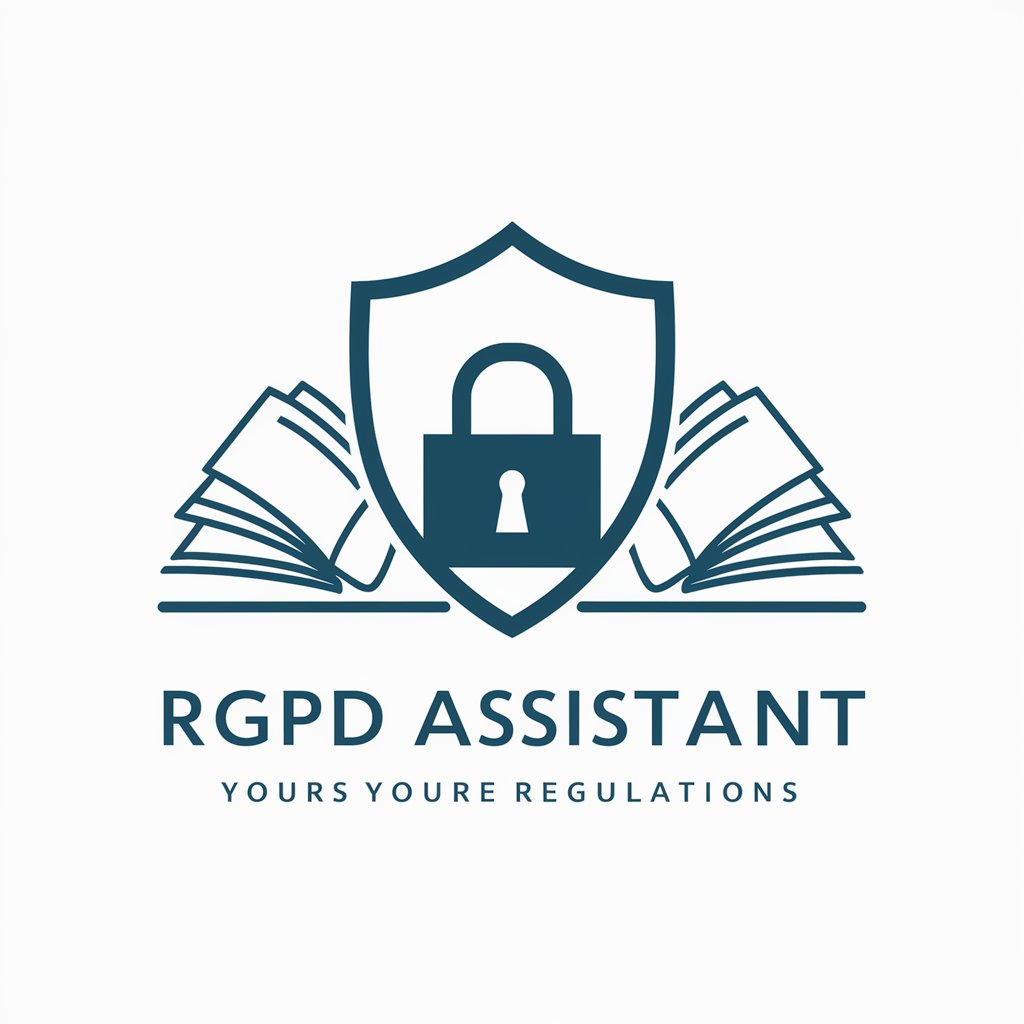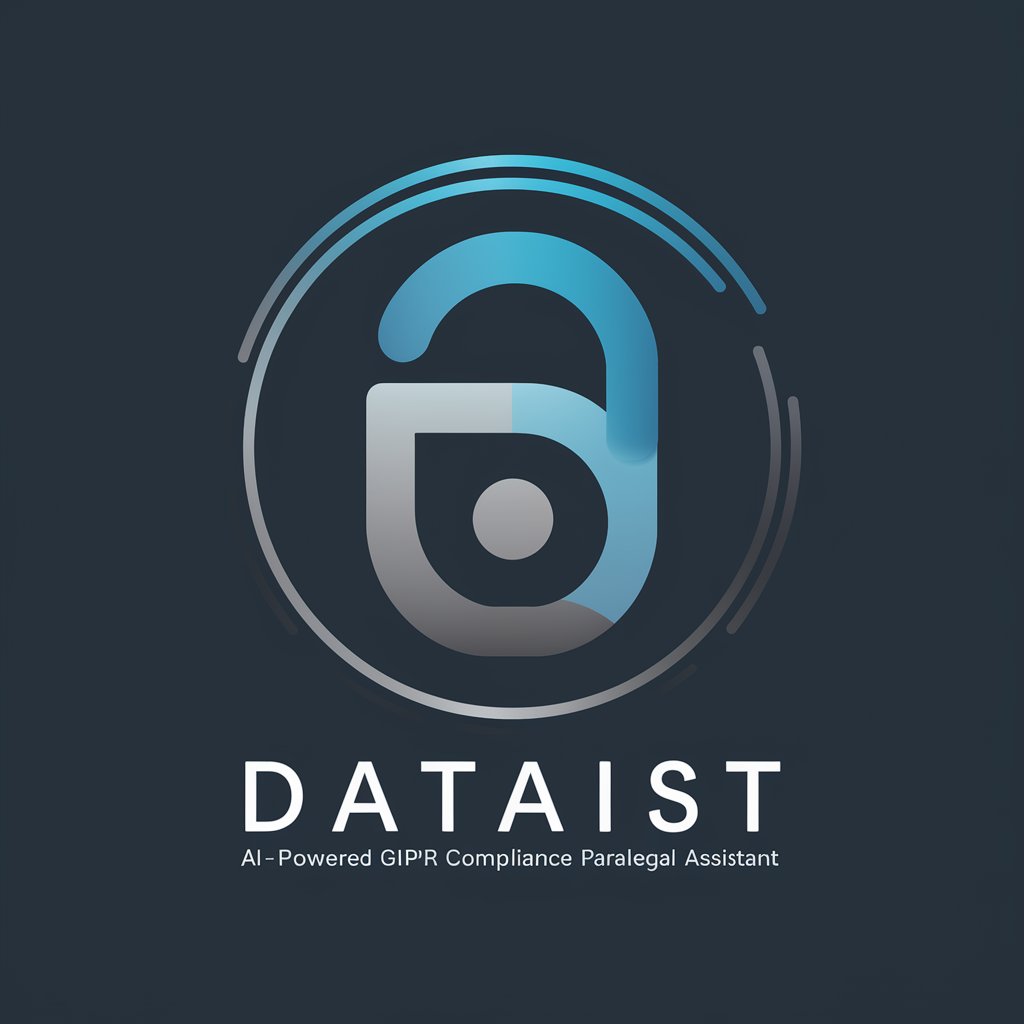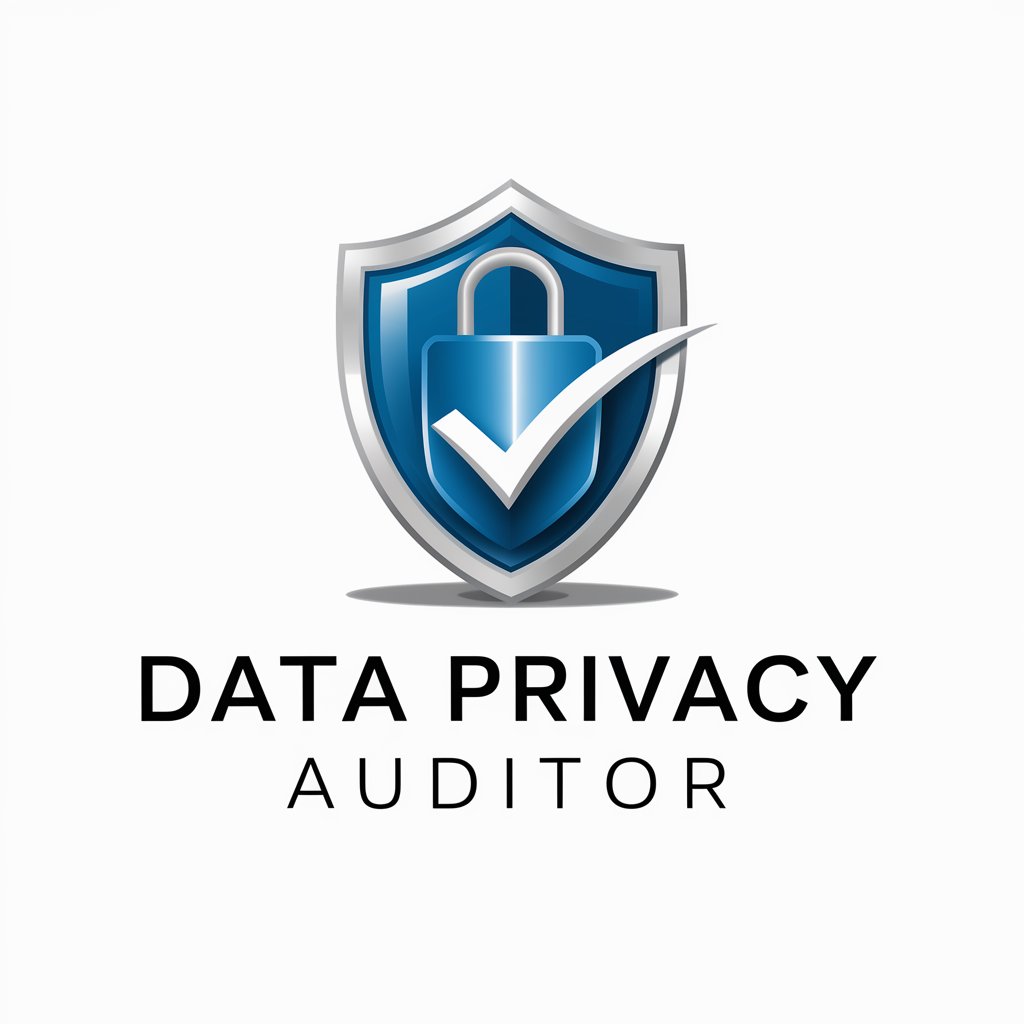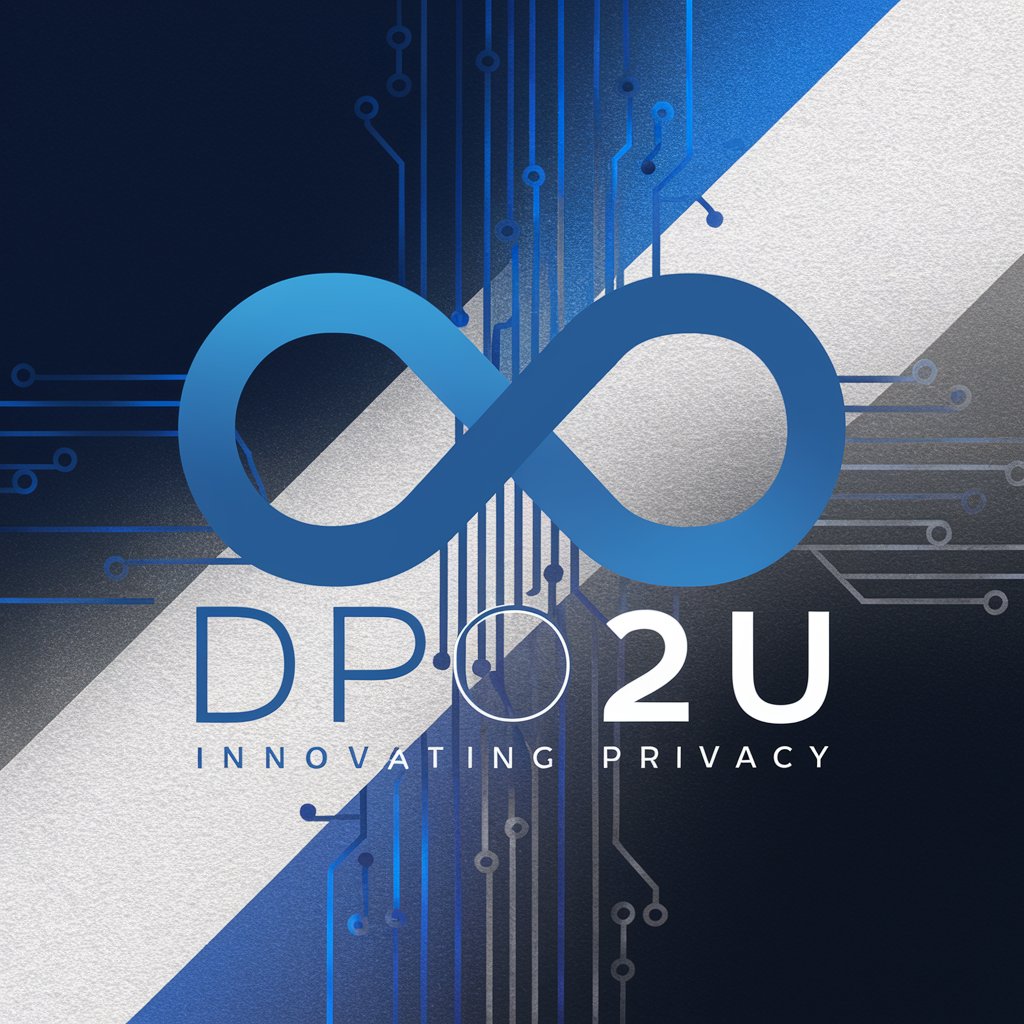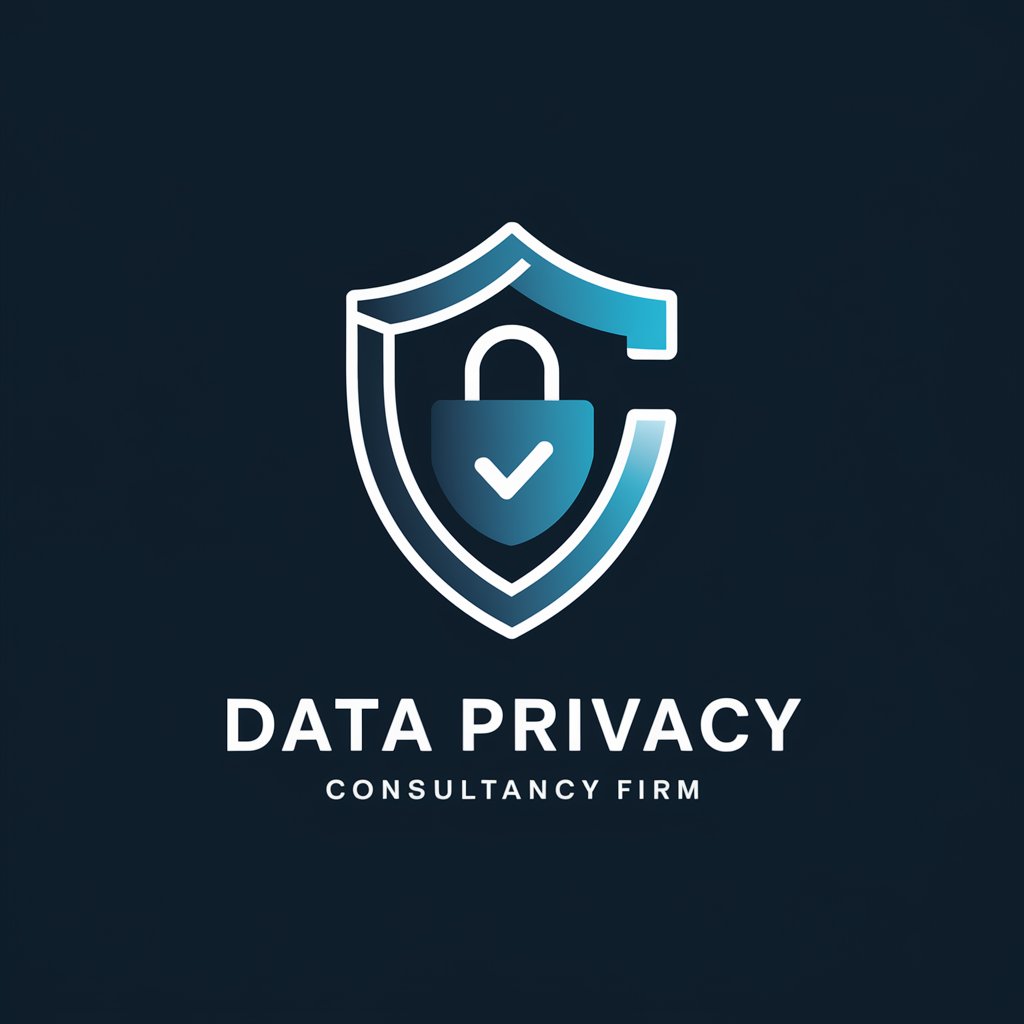
Data Protection Officer - Privacy Compliance Advisor

Hello! I'm here to help with your data protection and privacy compliance needs.
Empowering data protection with AI
How can businesses ensure compliance with data protection regulations?
What are the best practices for data security in small businesses?
Can you explain the key principles of GDPR?
What steps should a company take to implement a data privacy policy?
Get Embed Code
Overview of Data Protection Officer
A Data Protection Officer (DPO) is a designated role within an organization, focused on ensuring that the organization adheres to the laws and policies related to data protection. The core purpose of a DPO is to guide, advise, and monitor compliance with data protection regulations such as the GDPR in the EU. A DPO's responsibilities include conducting data protection impact assessments, offering advice on data protection matters, ensuring data processing activities are compliant, and serving as a point of contact for data subjects and supervisory authorities. For example, in a scenario where a company plans to launch a new product that will process personal data, the DPO would assess the associated risks, advise on protective measures, and ensure the product's compliance with data privacy laws. Powered by ChatGPT-4o。

Key Functions of Data Protection Officer
Monitoring Compliance
Example
Ensuring that data processing activities are conducted in accordance with the applicable data protection laws, such as GDPR.
Scenario
In a healthcare company, the DPO reviews patient data handling processes to ensure they comply with HIPAA regulations, identifying any gaps and recommending improvements.
Advisory Role
Example
Providing advice on data protection impact assessments and ensuring that all departments are aware of their data protection responsibilities.
Scenario
When a tech company develops a new app that collects user data, the DPO advises on how to implement data minimization and user consent mechanisms.
Training and Awareness
Example
Developing and conducting data protection training for employees to foster a data privacy culture within the organization.
Scenario
A DPO creates a training program for a retail company's staff, focusing on secure data handling practices to prevent data breaches.
Communication
Example
Serving as the contact point for data subjects and supervisory authorities on issues related to data processing.
Scenario
If a data breach occurs, the DPO communicates with affected users and the relevant data protection authority, detailing the breach circumstances and the company's response.
Ideal Users of Data Protection Officer Services
Large Enterprises
Large organizations often process vast amounts of personal data and are subject to strict regulatory requirements, making DPO services crucial for ensuring compliance and managing data protection risks.
Tech Companies
Tech firms, especially those dealing with user data, benefit from DPO services to navigate complex privacy laws, build trust with users, and integrate privacy-by-design principles into their products.
Healthcare Providers
Healthcare entities handle sensitive personal health information, necessitating stringent data protection measures. A DPO can help these providers comply with regulations like HIPAA and GDPR.
Educational Institutions
Schools and universities manage student and employee data, requiring adherence to privacy laws. DPOs assist in implementing data protection policies and training staff and students.
Small and Medium-Sized Enterprises (SMEs)
While SMEs may not have the same level of data processing as large corporations, they still need to comply with data protection laws. DPOs can provide scalable and tailored advice for these businesses.

How to Use Data Protection Officer
1
Start your journey at yeschat.ai to explore Data Protection Officer capabilities, offering a login-free trial without the need for a ChatGPT Plus subscription.
2
Identify your data protection needs or concerns to better understand how Data Protection Officer can assist you, whether it's compliance, policy creation, or risk management.
3
Engage with the Data Protection Officer by asking specific questions or presenting scenarios you're facing in your business for customized advice and solutions.
4
Utilize the provided guidance to implement data protection strategies, improve your privacy policies, and ensure compliance with relevant regulations.
5
Regularly revisit your data protection strategies and use Data Protection Officer as an ongoing resource for updates on laws and best practices.
Try other advanced and practical GPTs
Cap Table GPT
Simplify cap table management with AI.

BodyBuilder GPT
Your AI-powered personal trainer.

Agricultura (Mestre Agricultor)
Empowering Agriculture with AI

SnarkGPT
Unleash your questions, face the sass.

SVG to PNG
Seamlessly convert SVGs to PNGs with AI power
Time Traveler
Bringing the Past to Life with AI

Carbon Consultant
Empowering carbon intelligence with AI

Local SEO Competitor Gap Analyzer
Bridge the Gap with AI-Powered SEO Analysis

Hair - Ai Haidresser
Personalized AI Hair Care Advisor

Cybersecurity Resume Wizard
Craft Your Cybersecurity Future with AI-Powered Resume Insights

Never Jobless - Land your dream job in PM
AI-powered path to MAANG PM roles

Design Tag Genius
Optimize your designs with AI-driven precision.

Data Protection Officer Q&A
What regulations can Data Protection Officer help me comply with?
Data Protection Officer can provide guidance on a wide range of regulations including GDPR, CCPA, and others, helping you understand your obligations and how to meet them.
Can Data Protection Officer help draft privacy policies?
Yes, it can offer advice on the key elements that should be included in privacy policies, though the actual drafting should be done by your legal team.
How does Data Protection Officer keep up with changing data protection laws?
It incorporates the latest developments in data protection laws into its guidance, leveraging ongoing updates to its knowledge base.
Is Data Protection Officer suitable for any size of business?
Absolutely, it's designed to assist businesses of all sizes in understanding and implementing data protection practices.
How can Data Protection Officer assist in data breach situations?
It can provide preliminary advice on steps to take following a data breach, including notification obligations and mitigating risks.
